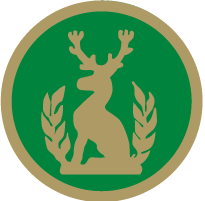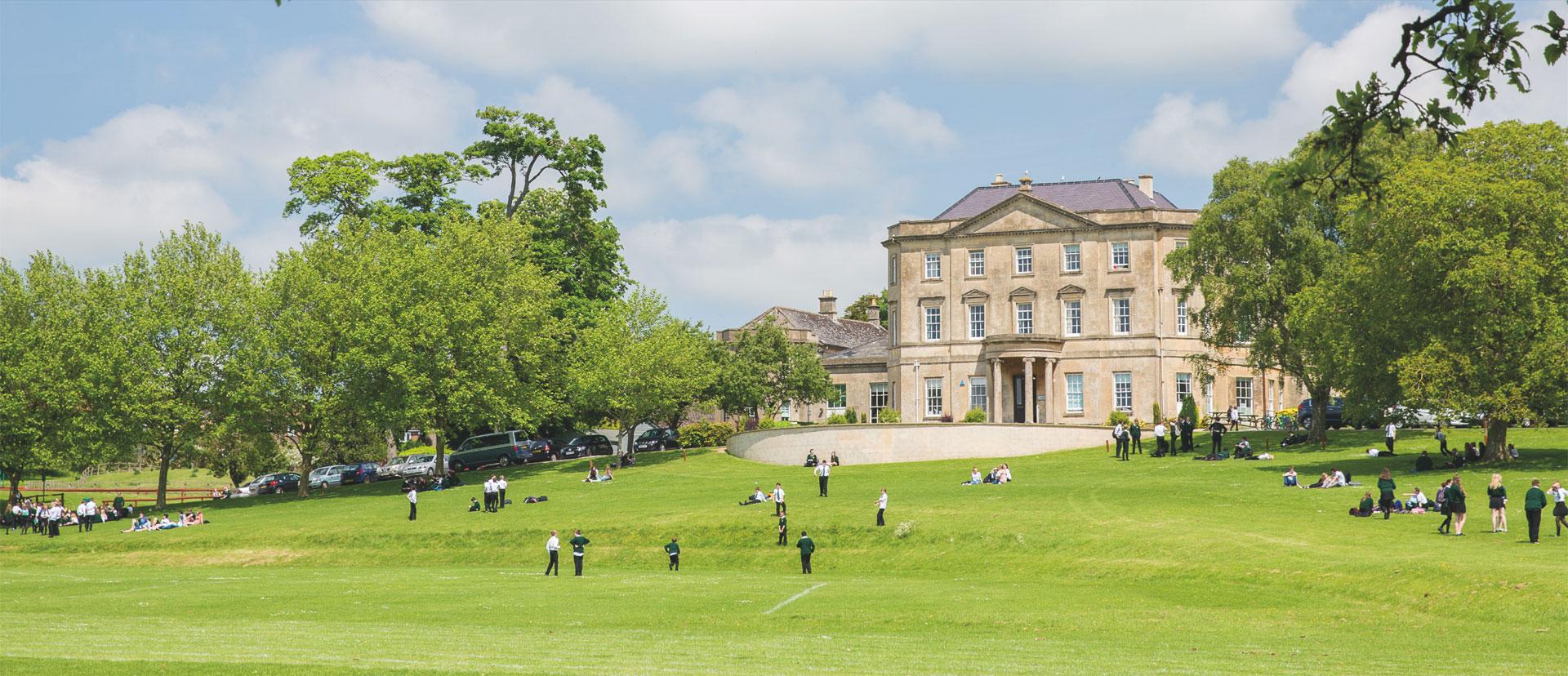Curriculum Leader: Mrs Rachael Cobb and Mr Patrick Cobb
Introduction
Maths Curriculum Intent
Problem Solving
Solving problems, whether in a real-life context or an abstract puzzle, is why mathematics is so important to humankind. Climate modelling, predicating disease spread, and natural disaster response logistics are just some of the examples of where mathematics is used to make predictions, optimise resources and potentially save lives. We won’t necessarily be able to solve these global problems in our lessons, but we will develop the tools to tackle problems!
Fluency
In order to solve problems, it is crucial that we can use and apply common methods and processes accurately. Practice will help us become fluent with techniques and enable us to tackle a wider range of problems. As we develop mathematically, we broaden our range of tools and techniques.
Communication
In mathematics, rather than focus on an answer, we prefer to think about the steps to get to the solution. We need to communicate these steps clearly as this enables others to learn from us, and to check if any of our steps or assumptions are invalid.
Making connections
At first glance, mathematics can seem like a huge collection of unrelated facts and techniques. However, many topics that at first seem separate share some underlying structures. Making these connections explicit can help us transfer knowledge from one topic to another.
The curriculum is split into the following strands, which are our threshold concepts:
- Fluency of Number
- Manipulation of Algebra
- Calculating in Ratio
- Geometrical Reasoning
- Analysing Data & Probability
KS3 and 4 Mathematics
Lessons
All Years have four 50-minute maths lessons each week with the exception of Year 8 who have three lessons. Two of these lessons form a double lesson for Year 10 and 11 pupils.
Pupils will focus on applying the skills learnt to solving mathematical problems in a variety of contexts during lessons. Teachers will assess learning throughout the lesson both formally and informally. Pupils are expected to be equipped with a pen, ruler, pencil, eraser and calculator each lesson. A variety of resources and techniques are used such as mini-whiteboards or loop cards and matching activities.
In the sixth form, A level Maths is one of the most popular subjects. We also have high numbers of students studying A level Further Maths and Level 3 Core Maths.
Setting
At the start of Year 7 pupils are initially taught in their tutor groups. Students are set later in term 1 following our own baseline test, CATs scores and teachers’ initial observations. Setting continues to be monitored on a regular basis and changes are made, where appropriate, taking assessment data, homework scores and teachers’ observations in lessons into consideration. We will contact home to discuss the reasons behind a set change prior to moving a pupil.
Homework & Assessment
Homework is set weekly via the online platform Sparx Maths. Sparx provides a highly personalised weekly homework to students, tailored to their attainment level and working speed. In Key Stage 3 your child’s homework will be set on Friday and due on a Thursday at 3pm every week. In Key Stage 4 your child’s homework will be set on Thursday and due on a Wednesday at 3pm every week.
Your child will be formally assessed at 3 points throughout the year. Revision lists will be shared via Satchel1. These revision lists will contain the relevant Sparx codes to allow your child to work through the topics independently using Sparx maths. We hope that this process will encourage our pupils to prepare for each test accordingly and begin to help them find effective revision strategies for them.
An overall grade is awarded following each formal assessment, and a printed feedback sheet will be issued and placed in their maths exercise books. Following an assessment, pupils are encouraged to identify their strengths and set individual targets. We encourage pupils to be independent learners and recommend they refer back to this feedback when working on independent practice.
Key Stage 3
The schemes of work in Year 7, 8 and 9 are designed to meet National Curriculum requirements and to ensure progress across the Key Stage. There is a weekly KS3 Maths Support lunchtime session.
Key Stage 4
GCSE Maths
In Year 10 students start studying their GCSE Maths course. Pupils will prepare to sit either the Higher Tier (grades 9-4) or Foundation tier (Grades 5-1) paper.
There is a weekly KS4 Maths Support lunchtime session. As we approach the end of the course, pupils will have opportunity to focus their revision when we work on past exam papers.
GCSE Maths Exams (Exam board – Pearson Edexcel) – Summer of Year 11
- Paper 1 – Non-Calculator (90 mins)
- Paper 2 – Calculator (90 mins)
- Paper 3 – Calculator (90 mins)
GCSE Statistics
In addition to GCSE Mathematics our pupils also study and gain a qualification in GCSE Statistics. This is taught within maths lessons with the exam sat in the summer of Year 10.
As with Maths, Pupils will prepare to sit either the Statistics Higher Tier (grades 9-4) or Foundation tier (Grades 5-1) paper.
GCSE Statistics Exams – Summer Year 10
Paper 1 – Calculator (90 mins)
Paper 2 – Calculator (90 mins)
Key Stage 5
Please see the relevant prospectus pages linked below for details of A level Maths and A level Further Maths.
Core Maths
What is Core Maths?
Core Maths provides students with a ‘Maths for life’ education. The course includes topics such as personal finance, estimation, probability, using spreadsheets and other topics which demonstrate the importance of mathematical skills throughout work, study and everyday life. Core maths is a level 3 qualification (AS equivalent) which students can select to study as part of the core programme in Year 12, alongside their A level subjects.
Why study core maths?
Students who study core maths have the opportunity to gain a deeper understanding of mathematics and its applications. The course supports students with their studies in a variety of other subjects such as geography, psychology, sciences, politics and others by exploring some of the key mathematical skills which are linked to these areas of study. Having a qualification in core maths can also enhance a student’s university application, and some universities may adapt their offer in recognition of this.
Course Assessment
At Hardenhuish we follow the OCR A core maths course which consists of two exam papers to be sat at the end of Year 12:
Paper 1 – Introduction to quantitative reasoning
Paper 2 – Critical maths
For both papers, students will receive pre-release material to study in class approximately 2 months prior to the exam. This material will provide contextual information which will link to questions in the exam.
For further information, please speak to your maths teacher or explore explore the AMSP website: What is Core Maths? – AMSP
Maths Equipment
We would like all of our students to have the necessary equipment to be successful in Maths. In addition to basic equipment (pen, pencil, ruler and rubber), we specifically ask for students to have a protractor, compass and a scientific calculator. We would recommend the Casio Classwiz 83GT or 85GT as we use emulators in our classrooms to demonstrate how to use the Casio calculator effectively and efficiently. Helix Maths sets and the Casio Classwiz 85GT can both be purchased through Arbor. There is also a more expensive Casio Classwiz 991CW model also available on Arbor but this is aimed predominantly at our A-Level mathematicians. If your child is in one of our higher prior attaining groups and plans to take Maths beyond GCSE then feel free to order one of these whilst they are in the lower school.

